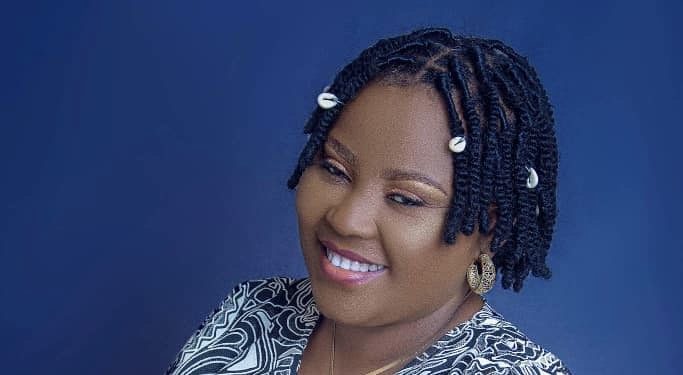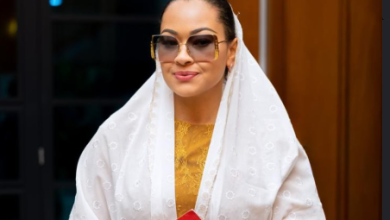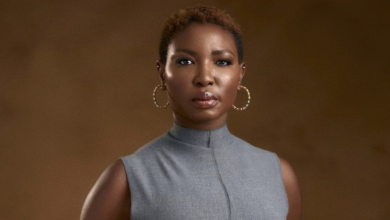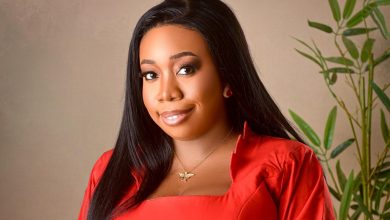Navigating Silence: Life of Ezenwata Nasa, a Deaf Nigerian Woman
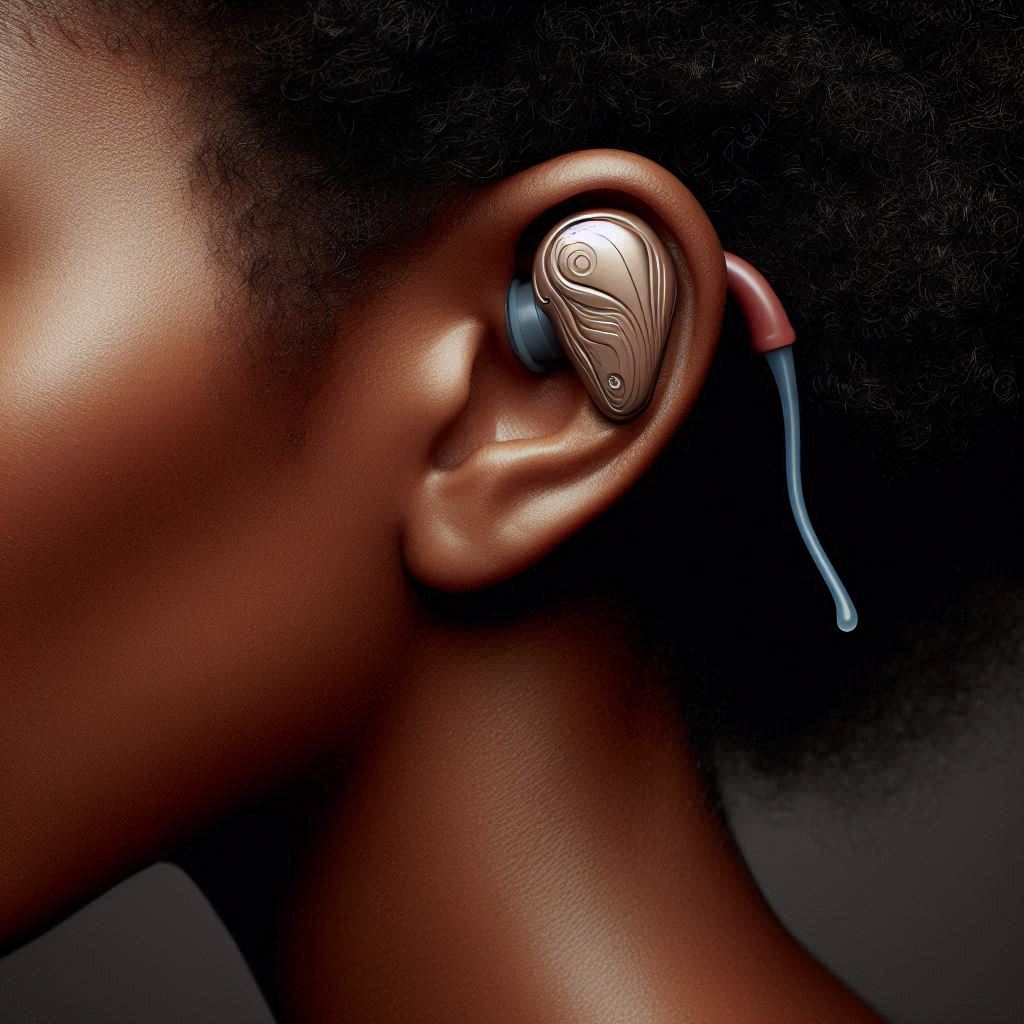
|
Getting your Trinity Audio player ready...
|
In the small village of Obinato, located in Aguata Local Government Area of Anambra State, the experiences of people with disabilities are often untold. One such individual is Ezenwata Nasa, a woman born deaf who has silently navigated the challenges of life in a world that seldom understands her struggles.
In this piece, Nasa shares her personal journey and calls for better support for people with disabilities, particularly the Deaf.
A Childhood in Silence
Nasa was born in 1984, the third of six children in the Ezenwata family. From birth, it became evident that she could neither hear nor speak. Her family, unfamiliar with her condition, struggled to understand her needs. It wasn’t until medical screenings confirmed that she was Deaf that the reality began to sink in.
Growing up in a Roman Catholic household, Nasa missed many of the religious programmes her peers underwent, such as catechism for First Holy Communion. The church was not equipped to cater to her needs, leaving her feeling isolated and excluded from religious and social life.
“I withdrew into myself,” Nasa recalls. “My inability to communicate meant I could not participate in many things that were important to me.”
The Emotional Toll of Silence
Navigating adolescence without proper communication took an emotional toll on Nasa. She recalls how traumatising it was to experience menstruation for the first time without her mother being able to explain what was happening. “I didn’t know how to communicate my emotions, and my mother didn’t know how to explain things to me,” Nasa said.
She attended the Imo State Special School for the Deaf, where she learned to read and write. However, her lack of vocational training left her jobless after graduation. “Joblessness was one of my biggest challenges,” she said. Today, Nasa makes a living by frying Akara, a popular street food. However, her inability to communicate effectively with customers has hindered her business. “Some customers refuse to buy from me because I can’t speak to them,” she said, expressing frustration over the social barriers she faces in Nigeria as a person with a disability.
Social and Emotional Challenges
Socialising was always difficult for Nasa. Growing up, she felt isolated because her family didn’t know how to communicate with her, and the broader community was unprepared to include someone with her disabilities. “Many people lack understanding of the emotional challenges faced by people like me, and this often leads to insensitivity,” Nasa explained.
While her family did their best to show her love and care, they, too, struggled with the limitations of their communication. Her emotional responses were often misunderstood, leading to further feelings of withdrawal. “When I felt bad or angry, I had no way to tell them, so I would just withdraw or get overly angry,” she recalled.
Nasa’s beauty often puzzled people in her village. “I was extremely beautiful, and people couldn’t understand how someone who looked like me couldn’t speak or hear,” she said. Despite this, her disability often led her to withdraw from social situations. The community tried to include her, but without proper communication tools, Nasa often felt left out.
Married with three children, she revealed that she chose to marry someone with a disability for fear of exclusion.
“I was afraid that I wouldn’t fit into his world, so I married someone like me,” she said.
A Call for Change
Nasa believes Nigeria needs to do more to accommodate people like her, particularly in healthcare and education. She urged for more interpreters in medical facilities and called for an increase in the inclusion of people with disabilities in vocational training programmes.
“In hospitals and clinics, there are no sign language interpreters, which makes it hard for us to access healthcare,” she said. “Schools should also be fully equipped with the resources needed to teach us skills that can help us earn a living.”
This story was written by Angelia Ezenwata, MSc Student of Mass Communication, University of Lagos, following the training on Disability Reporting facilitated by Blessing Oladunjoye, Publisher of BONews Service. It was also first published on BONews.

